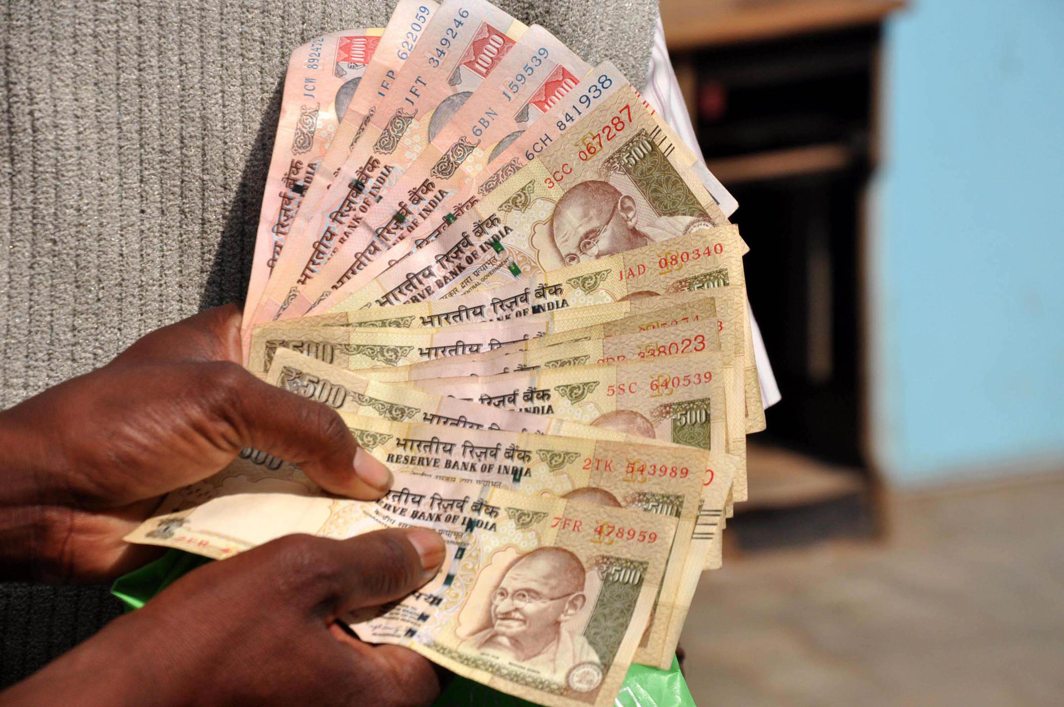The verdict on the batch of pleas challenging the Central government’s 2016 demonetisation exercise will be delivered by a five-judge Constitution Bench of the Supreme Court on January 2, 2023.
A Constitution Bench comprising Justice S Abdul Nazeer, Justice BR Gavai, Justice AS Bopanna, Justice V Ramasubramanian and Justice BV Nagarathna had reserved their judgment on December 7.
If we look at the causelist, the verdict appears to be an unanimous judgment by Justice BR Gavai.
The petitioner has raised questions before the bench, stating that Section 26(2) of the Reserve Bank of India (RBI) Act, which gives permission to the government for declaring all series of a particular denomination as being no longer legal tender, seem very wide.
The plea said that the decision-making process was deeply flawed as relevant factors were not considered.
It also stated that the objectives of demonetisation were not achieved as the move failed the test of proportionality.
Advocate Shyam Divan said that the recommendation of Central Board of the RBI was a necessary requirement before the Central government could have taken the decision for demonetisation.
He added that the Centre was duty-bound to honour the promise written in bank notes of paying bearers a sum, in writ and civil courts.
Advocate Jaideep Gupta, who represented RBI, said that if every individual were to make specific demands and seek a writ of mandamus, the deadlines would have been meaningless.
Attorney General (AG) for India R Venkataramani also came forward to say that the distinctions made for grace periods for different categories were not arbitrary.
When the petitioner said that their right to dignity was affected by this, the AG said the dignity aspect should be preserved for more precious cases.
He further cited examples and said that if an NRI goes abroad for financial benefit, there was no question of dignity as dignity involved privacy.


